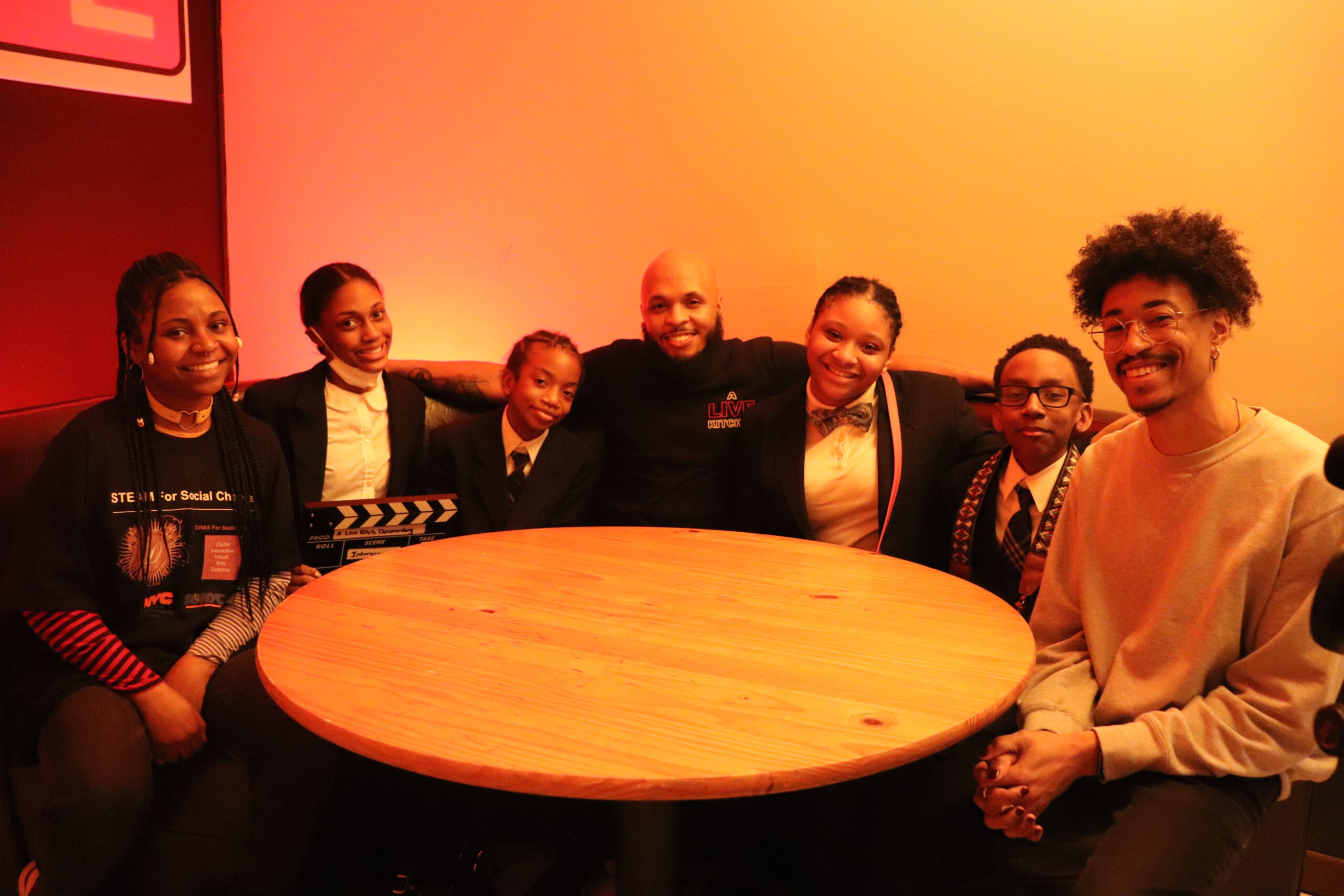It’s ‘the facts of life’ food waste is not garbage. Students at Linden SDA STEAM learn how to divert their food waste from landfills and convert it into a renewable resource of energy. It’s important to know that leftover food you don’t eat or the 1-month-old tomato left in your fridge does not go into your garbage! Be it edible or inedible, organic material has the right to a proper life cycle that helps promote a healthy planet.
The course concentrates on real-life problems and solutions related to organic waste collection. In order to diminish pollution in New York, scholars debate ways to reduce, reuse, and recycle the excess waste they produce. The following is an example of questions scholars worked on.
“Compare the cause and effect of separating organics and trash at home from the following questions.”
- How many days / weeks will it take to fill our trash can to capacity?
- Will there be a decrease in vermin due to omitting organics in our trash can?
- Will we have to cut our budget to replenish our trash bags because the garbage isn’t reaching capacity?
There is no need for organic materials to end up in a plastic trash bag in the landfill, increasing greenhouse gas emissions. By breaking down organic matter, we can replenish nutrients in our soils or create fuel for use in our homes and vehicles. Over 34% of our garbage is compostable; diverting that waste in New York will create more green jobs.
With Mayor Adams’ ordinance on halting the expansion of organics collection into Queens it was pertinent to teach the students what other outlets they had to get rid of their organic waste.
The Garden of Resilience is a local Queens food scrap drop off site and community garden that opened its gates to the students and Laurelton. Every week the children bring their food scraps and their neighbors’ scraps to start the first phase of making compost. Manually chopping and mixing their ingredients into the earth machine while searching for items around the garden they can add to their magical concoction. “Our intention is to close the loop on waste going into the landfill be it food or shrubbery.”
When they are not at the garden they are learning about all of the scientific components behind the magic of their physical labor. From the organisms that help to denature their organic waste into compost, to the chemical elements that help to manipulate the food scraps into decomposing faster like carbon and nitrogen. It’s an interesting class that lets kids play with their food and get out in their own community to make a difference. Feel free to participate and drop off your food scraps at a local food scrap drop off site near you.













